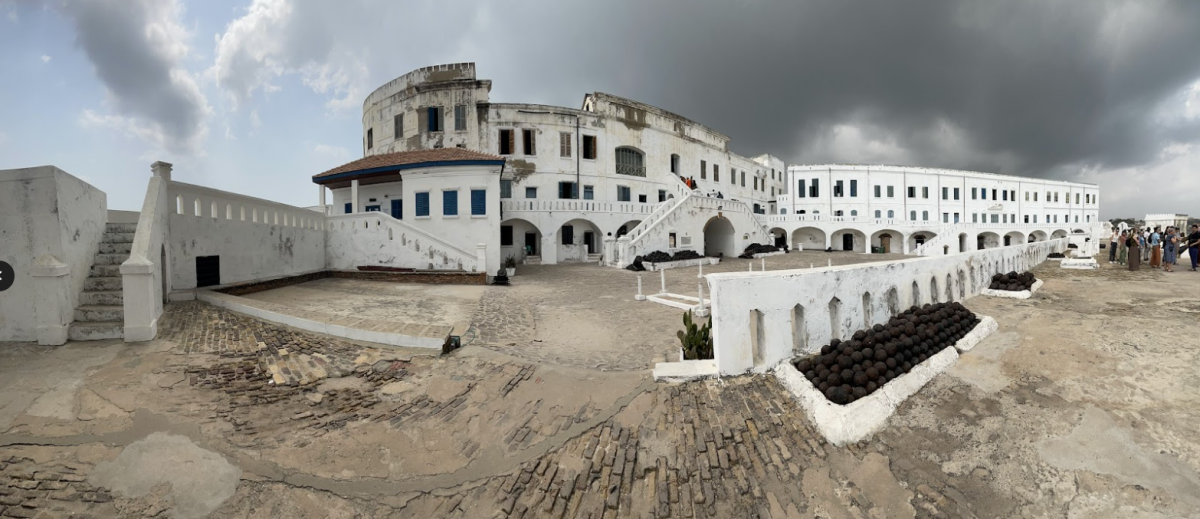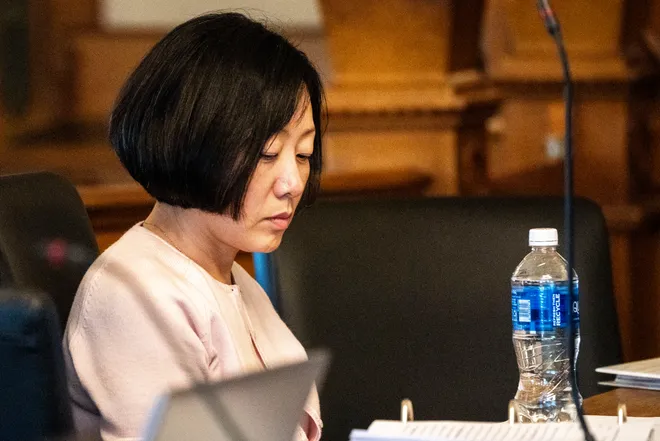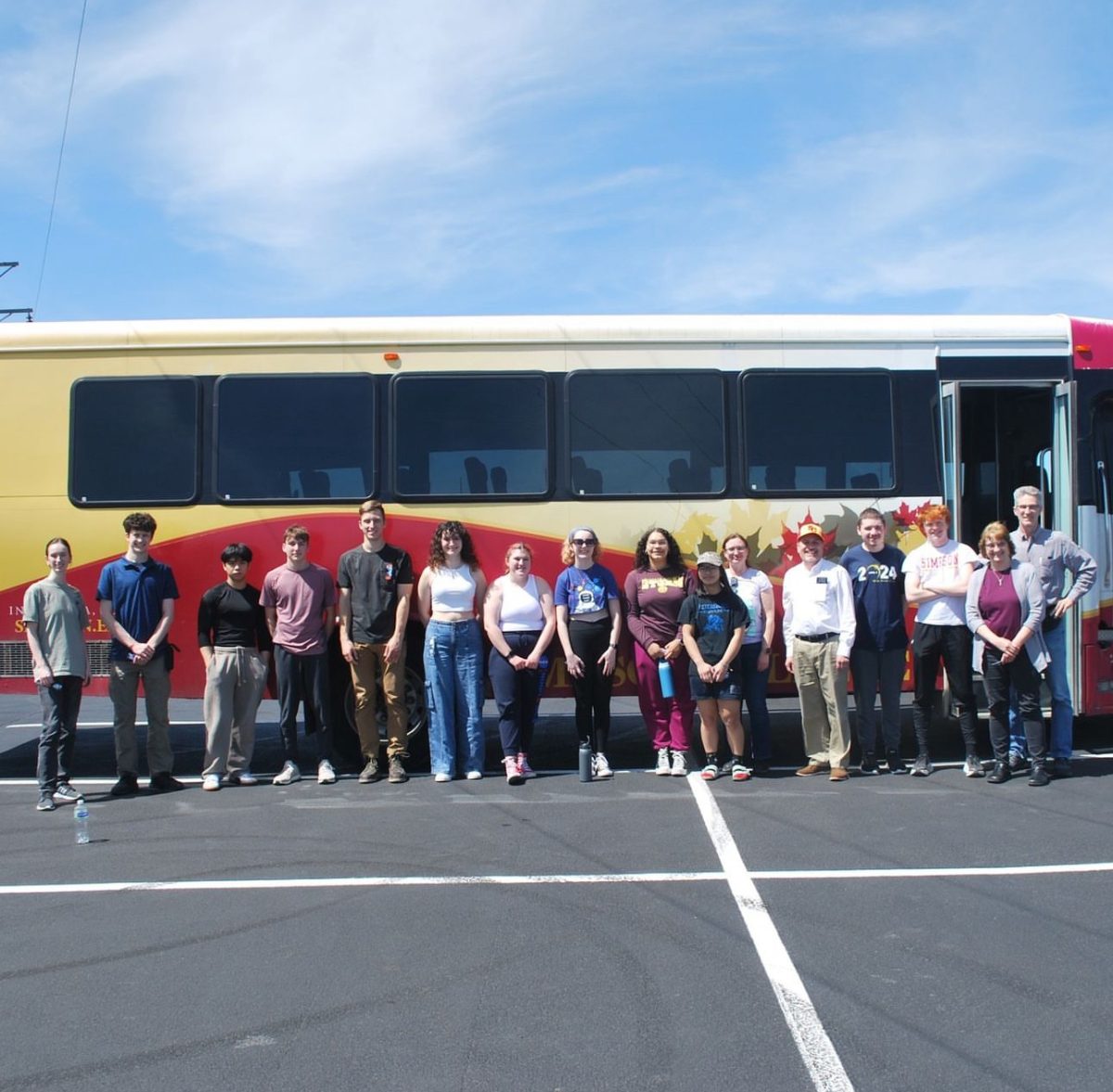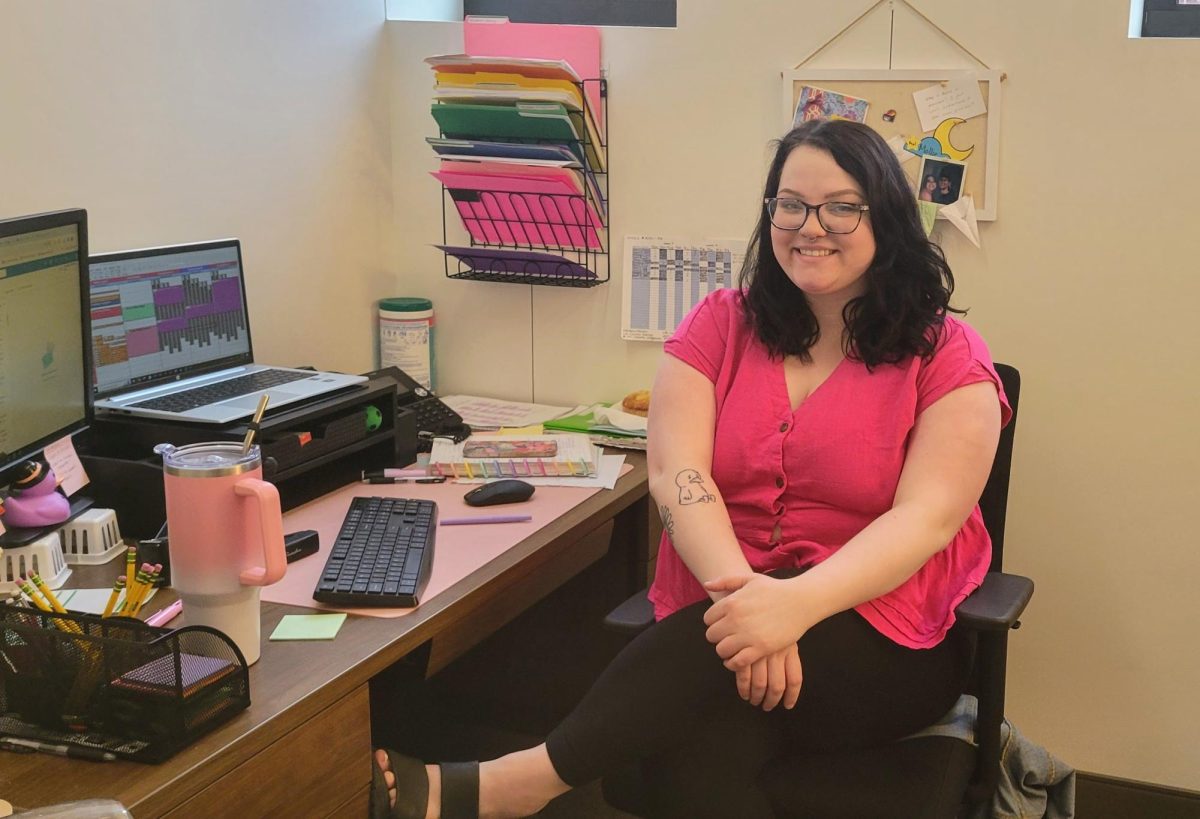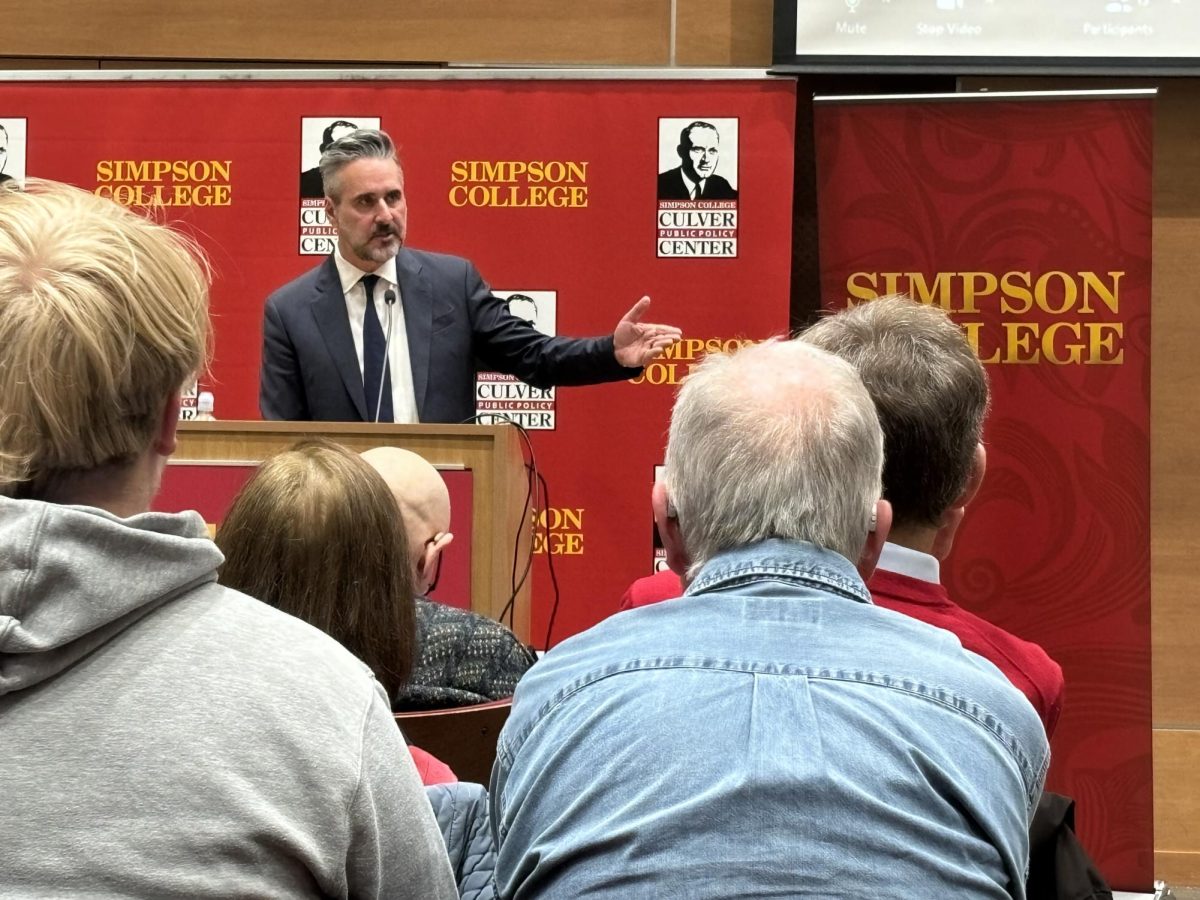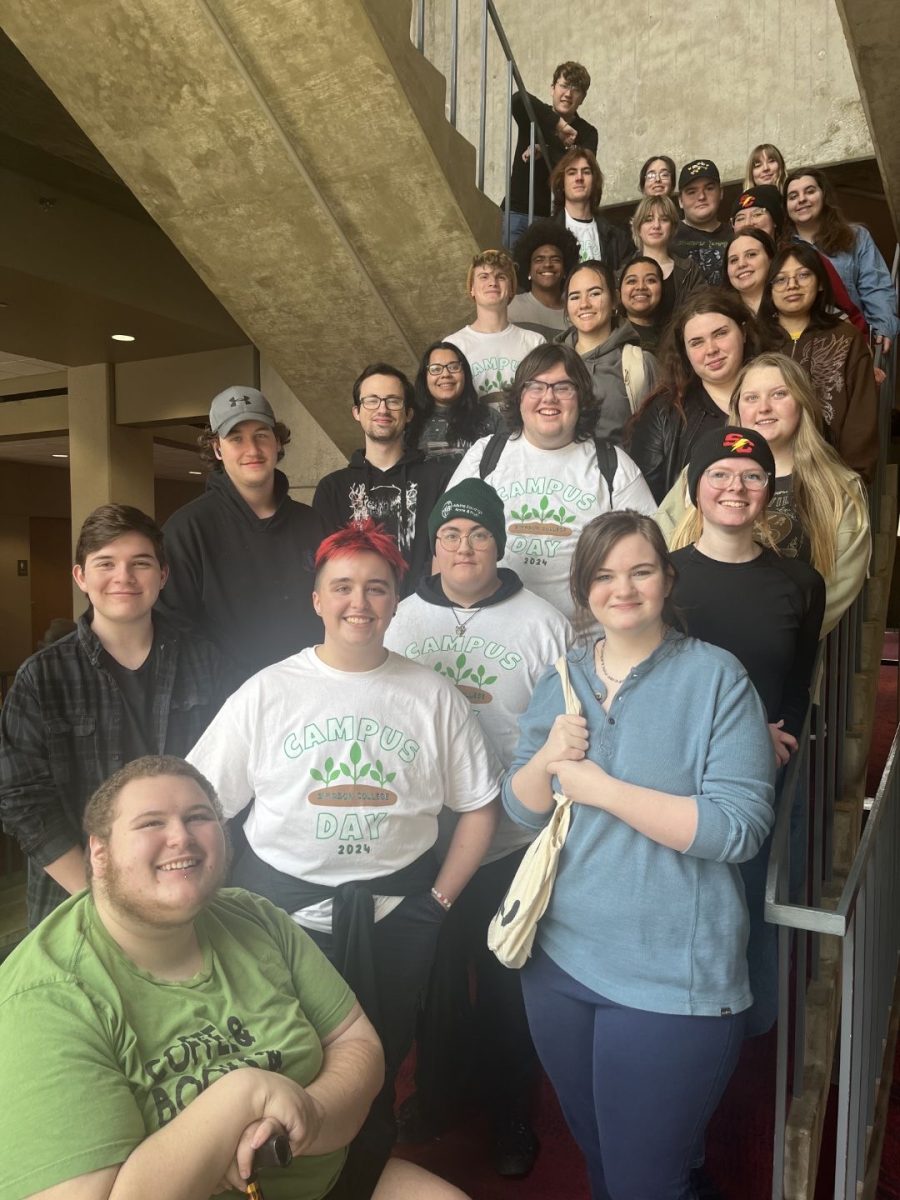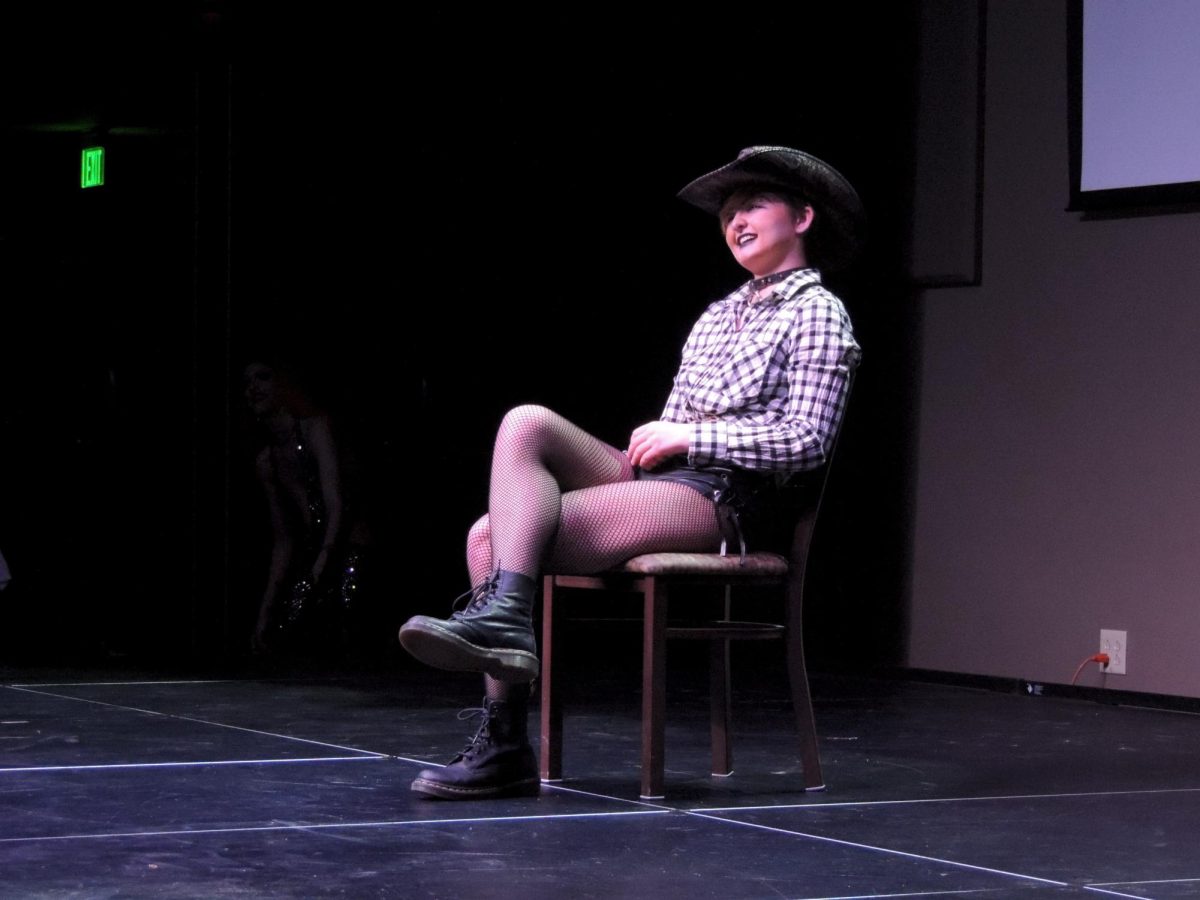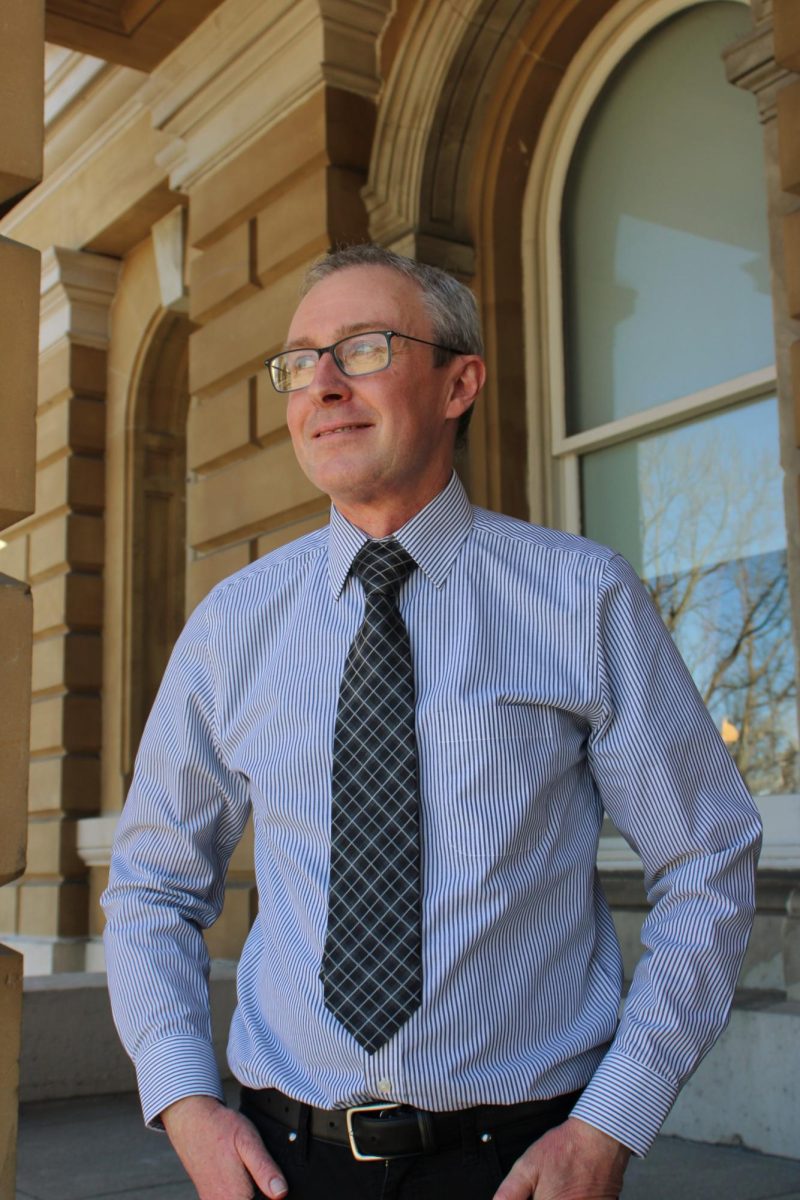Keyah Levy will be offering a May Term trip to Ghana for any students wanting to learn about the lasting cultural and economic legacy of slavery in the West.
“Slavery changed the trajectory for a lot of individuals,” Levy said. “A lot of earlier Western culture is rooted in African traditional culture.”
Levy serves as the vice president of diversity, equity and inclusion at Simpson and she hopes to provide students with an opportunity to learn about global perspectives.
“[Students] will get the historical knowledge that’s often left out,” she said.
Cape Coast is one of the main destinations of the trip and the location of Cape Coast Castle, one of the main dungeons where slaves were processed before shipping.
These slave dungeons are an important and often overlooked part of the transatlantic slave trade, said Professor of History Nick Proctor, who is not directly involved with the May Term trip, but offered his perspective on the topic.
“The castle is when the crucible of stripping away your African identity really begins,” he said. “It is the genesis of African-American, Afro-Cuban, Afro-Venezuelan culture.”
This process created a cultural split. The practices of slaves have a distinct lineage from the traditional African practices, but both carry through to the modern day.
How slavery contributed to the culture and economics of the West will be the focus of the May Term.
“A lot of the things we do in America roots from African traditions,” Levy said. “To bridge the two is extremely important.”
Creating those bridges doesn’t just mean learning history, but experiencing African culture.
“It’s a balance of academic and entertainment,” she said. “Going to national parks, but also visiting colleges and universities.”
When Levy had previously taken students to Africa, she witnessed a profound change, especially in white students.
“For them to be the minority was eye-opening,” she said. “It transformed the way they saw the world when they came back.”
For Black students, the trip is an opportunity to have an experience not typically had in the U.S.
“When I went to Africa, it was the first time I wasn’t a minority,” Levy said.
The emphasis on Black history will take students to several museums, including one for W. E. B. Du Bois, who was the most prominent Black activist in the U.S. in the early 1900s.
As much as the May Term will focus on the past, it will also invite students to examine what in modern America is rooted in slavery, a subject many history books don’t discuss.
Proctor explained that many parts of American culture, from industry to Constitutional law and even music was influenced by the slave trade.
“If you look at America’s institutions, it’s hard not to see the legacy of slavery,” he said. “That doesn’t mean people realize it.”
Levy hopes to illuminate many of these systems, as well as other aspects some students missed in high school.
“Most enslaved people went to Central and South America,” she said. “There’s a lot of lost history around Afro-Latinx culture.”
The ultimate purpose of the trip returns to building bridges between the transatlantic slave trade and the modern West and learning the part of history typically left out.
“Growing up in Iowa as an African-American woman, I wasn’t taught my history,” Levy said. “But going back to Africa, you learn so much history that has transcended across the waters, primarily through the transatlantic slave trade.”






